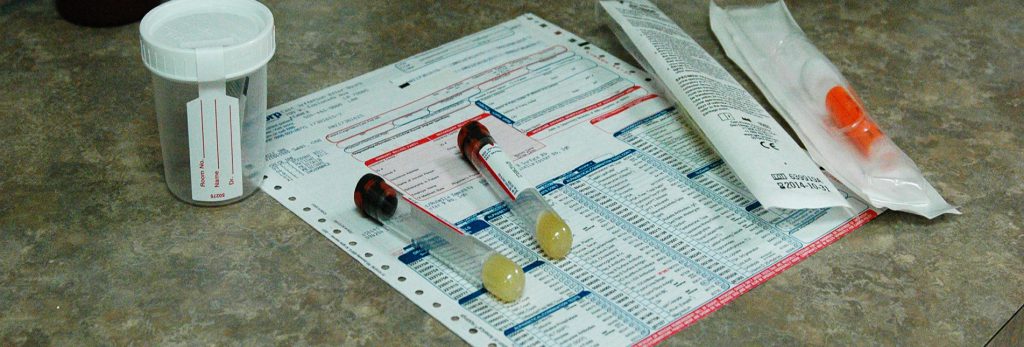
UTI stands for Urinary Tract Infection….also know as a bladder infection. The are among the most common infections affecting adults in they used to be very easy to treat as the bacteria causing such infections were uniformly sensitive to all the various antibiotics we prescribe.
But over the years, we are experiencing more and more difficulty with these infections due to a variety of factors, most important of which is antibiotic resistance. This is most important for woman, as they get the majority (90%) of the UTI’s in the US.
You can read more about the antibiotic resistance concerns in UTI >>>HERE<<<
But to manage UTI symptoms, please read below and know that you can always find this type of information in the Library on this website or in THE NEW GUIDE available at www.doctordougbooks.com
This information and other health topics can be found at….
DoctorDoug.com
URINARY TRACT INFECTIONS:
Bladder infections, also called urinary tract infections (UTI), are commonplace in women. Although they may occur in men, this is very rare.
Risk Factors:
Most urinary tract infections occur spontaneously and are not the result of personal habits of hygiene. Risk factors for recurring infection include:
• Previous UTI
• Sexual intercourse
• Lack of hormone (post-menopausal state without hormone supplementation)
Symptoms:
Most people are aware of these, but if you’ve not had a UTI previously, here is the list
• Frequent urination
• Burning with urination (painful)
• Cloudy urine
• Blood in the urine
• Fever (low grade or high temperature)
Evaluation:
If possible it is best to have a urine specimen checked for infection. This is the simplest way to diagnose a UTI. If you have had UTI’s in the past and are familiar with the symptoms, then testing the urine is not required. Typically, the urine specimen shows the presence of white blood cells or red blood cells. Culture can confirm the specific bacterial germ involved
Treatment:
Antiobiotcs are the required treatment. As most antibiotics concentrate in the urine, as they are cleared by the kidneys, antibiotics tend to be very effective for treatment and a virtual ‘guaranteed’ cure, so long as the causative bacteria is not resistant.